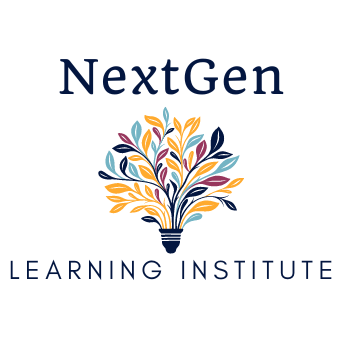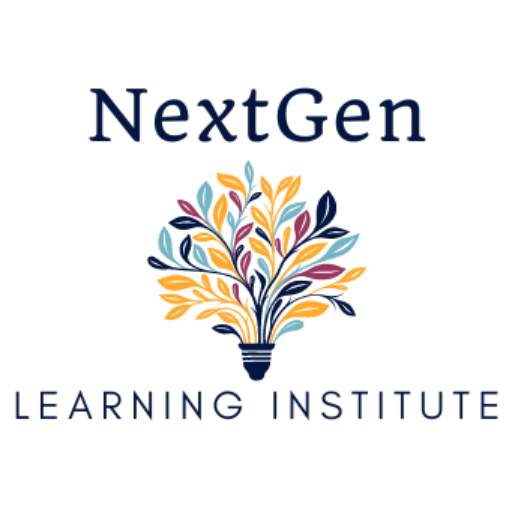The Power of Mindfulness: Cultivating Emotional Intelligence in the Next Generation
In an ever-evolving world, emotional intelligence (EI) is a key factor in personal and professional success. Mindfulness, the practice of being present and fully engaged in the moment, is a powerful tool for developing EI. At Next Gen Learning Institute, we prioritize mindfulness and emotional intelligence in our curriculum to help students manage stress, build resilience, and foster meaningful relationships.
The Benefits of Mindfulness and Emotional Intelligence
- Stress Reduction: Mindfulness practices, such as meditation and deep breathing, help students reduce stress and anxiety. By learning to focus on the present moment, they can better manage their emotions and reactions to challenging situations.
- Improved Focus and Concentration: Mindfulness enhances students’ ability to concentrate and stay focused. This improved attention span not only benefits their academic performance but also helps them in everyday tasks.
- Emotional Regulation: Emotional intelligence involves understanding and managing one’s emotions. Through mindfulness, students learn to recognize their feelings and respond to them in healthy ways, leading to better emotional regulation and stability.
- Enhanced Relationships: Mindfulness promotes empathy and compassion, essential components of emotional intelligence. Students who practice mindfulness are more likely to develop strong, positive relationships with their peers, teachers, and family members.
Increased Self-Awareness: Mindfulness encourages self-reflection and awareness. Students gain a deeper understanding of their strengths, weaknesses, and motivations, which is crucial for personal growth and development.

Implementing Mindfulness and Emotional Intelligence at Next Gen Learning Institute
At Next Gen Learning Institute, we integrate mindfulness and emotional intelligence into our curriculum through:
- Mindfulness Exercises: Daily mindfulness exercises, such as guided meditation, deep breathing, and body scans, help students develop a regular mindfulness practice. These exercises are designed to be simple yet effective, making them accessible to students of all ages.
- Emotional Intelligence Workshops: Interactive workshops teach students about the different aspects of emotional intelligence, including self-awareness, self-regulation, motivation, empathy, and social skills. Students engage in activities that help them apply these concepts in real-life scenarios.
- Mindful Classrooms: Our classrooms are designed to promote a calm and focused learning environment. Teachers incorporate mindfulness techniques into their teaching methods, creating a supportive space for students to learn and grow.
- Emotional Check-Ins: Regular emotional check-ins allow students to express their feelings and receive support from teachers and peers. These check-ins help build a sense of community and trust within the classroom.
Conclusion
Mindfulness and emotional intelligence are essential skills for navigating the complexities of modern life. By incorporating these practices into our curriculum, Next Gen Learning Institute prepares students to manage stress, build resilience, and develop strong relationships. Our commitment to mindfulness and emotional intelligence ensures that students are equipped with the tools they need to succeed in both their personal and professional lives.
To learn more about how Next Gen Learning Institute is cultivating mindfulness and emotional intelligence in students, visit our website or contact us today. Join us in empowering the next generation with the skills they need for a balanced and fulfilling life.
Author





